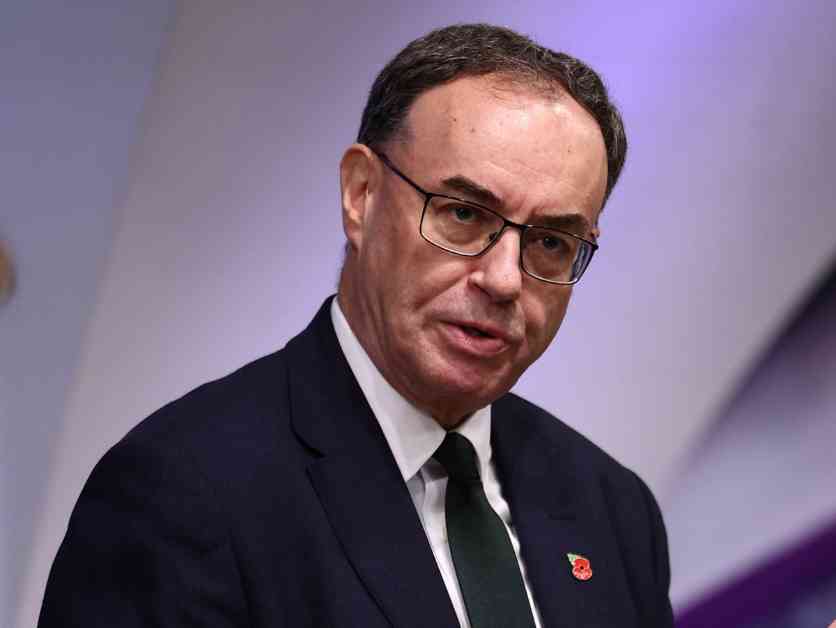The governor of the Bank of England, Andrew Bailey, emphasized the need for the UK to rebuild its relations following Brexit during a speech at the annual Mansion House dinner in the City of London. He highlighted the economic consequences of leaving the European Union and the impact it has had on trade, particularly in goods rather than services.
Bailey stressed the importance of seizing opportunities to strengthen ties with the EU while still respecting the decision made by the British people. He also mentioned the challenges posed by geopolitical shocks and the fragmentation of the world economy, which have further complicated the situation.
The aftermath of the US presidential election, where Donald Trump emerged victorious, has raised concerns among economists about the potential implications of proposed tariff hikes on US imports. This could lead to increased pressure on UK goods prices, potentially fueling inflation. As a result, there have been calls for closer cooperation with the EU to mitigate these risks.
Treasury minister Tulip Siddiq recently pointed out that 60% of the impact of Brexit is yet to be felt, according to Office for Budget Responsibility forecasts. The long-term projections suggest a 4% shrinkage in the economy and a 15% decline in imports and exports compared to if the UK had remained in the EU.
Rachel Reeves, in her Mansion House speech, criticized the stringent regulations imposed on the finance sector after the 2008 banking crash, arguing that they may have been excessive. To rebuild trust in the industry, she proposed easing banking regulations and introducing a financial services growth and competitiveness strategy.
Bailey also addressed the issue of weak productivity growth in the UK since 2008, emphasizing the need to boost business investment in the country. He commended the government’s plans outlined in the Budget, particularly the focus on public capital investment.
In her autumn Budget statement, Reeves announced £40 billion in tax increases to fund investments in essential sectors such as education, healthcare, transportation, and housing. This move aims to stimulate economic growth and address key areas that require attention.
The ongoing challenges stemming from Brexit and global economic uncertainties underscore the importance of rebuilding UK-EU relations and fostering economic stability in the post-Brexit era. It is crucial for policymakers and industry leaders to collaborate effectively to navigate these complex issues and pave the way for sustainable growth and prosperity.












